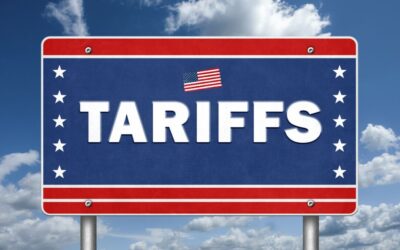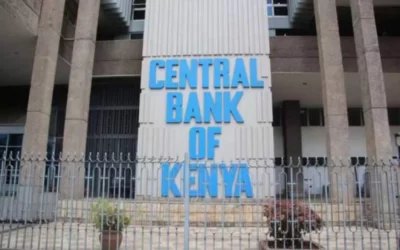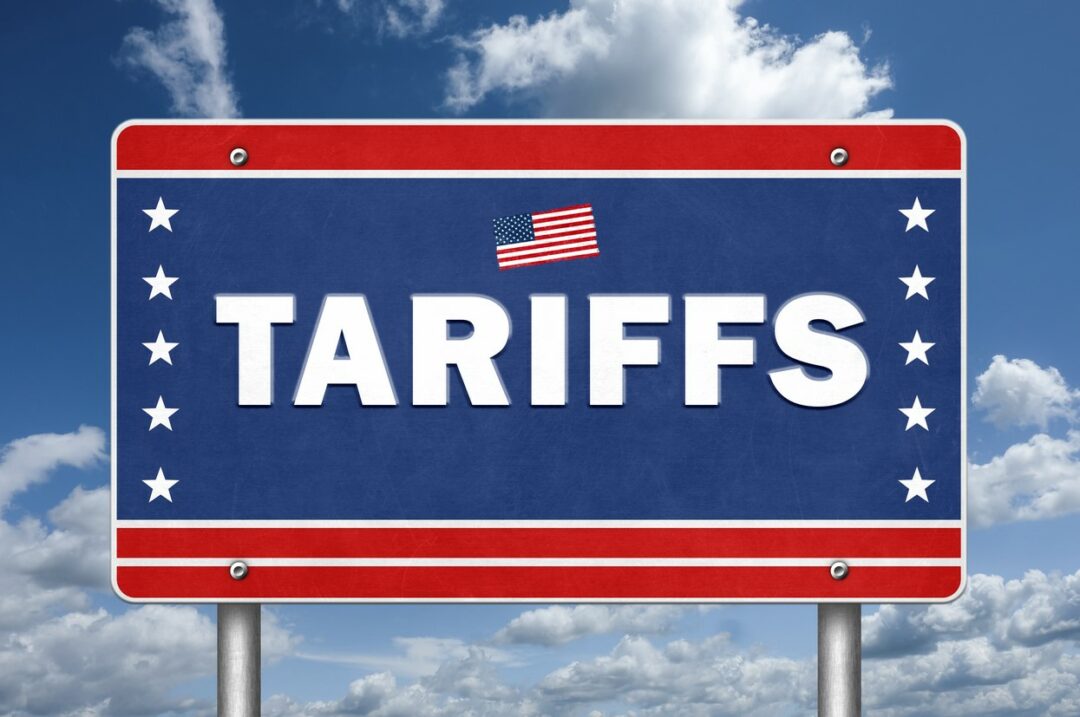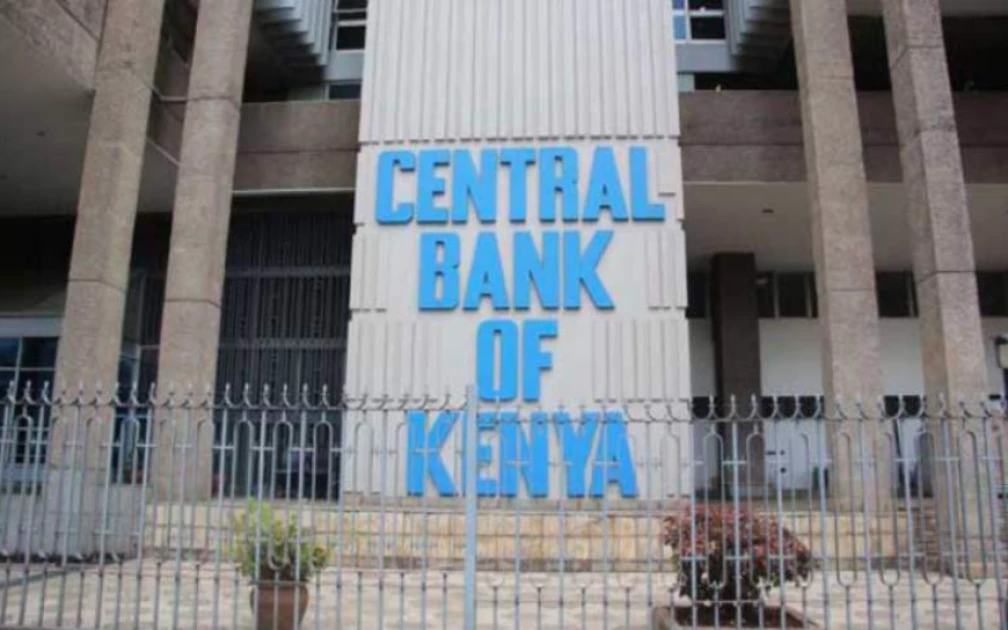Kenya Shilling Resilience: Factors Driving Currency Strength in Global Markets

The Kenya Shilling (KES) is key to Kenya’s economy. It’s the main currency for all transactions within the country. Knowing what affects its performance is crucial for traders, investors, businesses, and policymakers. This article explores the factors influencing the Kenya Shilling and its recent trends as of May 2024.
Kenya has one of Africa’s largest and most vibrant economies. Sectors like agriculture, manufacturing, services, and technology drive its growth. The country’s economic strength and strategic investments in infrastructure and human capital attract investors.
Key Factors Influencing the Kenya Shilling
- Macroeconomic Indicators:
- GDP Growth: Strong economic performance usually strengthens the Shilling.
- Inflation Rates: Controlled inflation supports the currency.
- Trade Balances: Favorable trade balances boost the Shilling’s value.
- Central Bank of Kenya (CBK):
- The CBK manages the country’s monetary policy. Its interest rate decisions and interventions in the foreign exchange market have a direct impact on the Shilling’s value.
- Global Economic Conditions:
- Changes in global commodity prices, geopolitical tensions, and investor sentiment towards emerging markets also affect the Shilling.
Recent Trends in the Kenya Shilling
Recently, the Kenya Shilling has shown resilience despite global economic uncertainties. Factors contributing to this include:
- Stable Macroeconomic Indicators:
- GDP growth is expected to rebound.
- Inflation is under control.
- Trade balances are favorable.
- Prudent Monetary Policies by CBK:
- The CBK has implemented measures to support economic recovery and ensure exchange rate stability.
- Improving Global Economic Conditions:
- Increased investor confidence in emerging markets has positively impacted the Shilling.
Future Outlook for the Kenya Shilling
The future looks positive for the Kenya Shilling. Ongoing economic reforms, infrastructure investments, and a strong private sector support this outlook.
Trading Opportunities in Kenya
Kenyan residents can trade US stocks, indices, commodities like gold, and currencies through Contracts for Differences (CFDs). Locally licensed brokers like Exness offer these options. With CFDs, traders can profit from both rising and falling prices without owning the actual assets.
Risk Management in Trading
Trading carries significant risk, especially with leverage, which can amplify both gains and losses. However, by staying informed and making strategic, risk-focused trading decisions, traders and investors can succeed in today’s dynamic economic landscape. It’s crucial for traders to remain vigilant in their market analysis and seize opportunities presented by current conditions.











